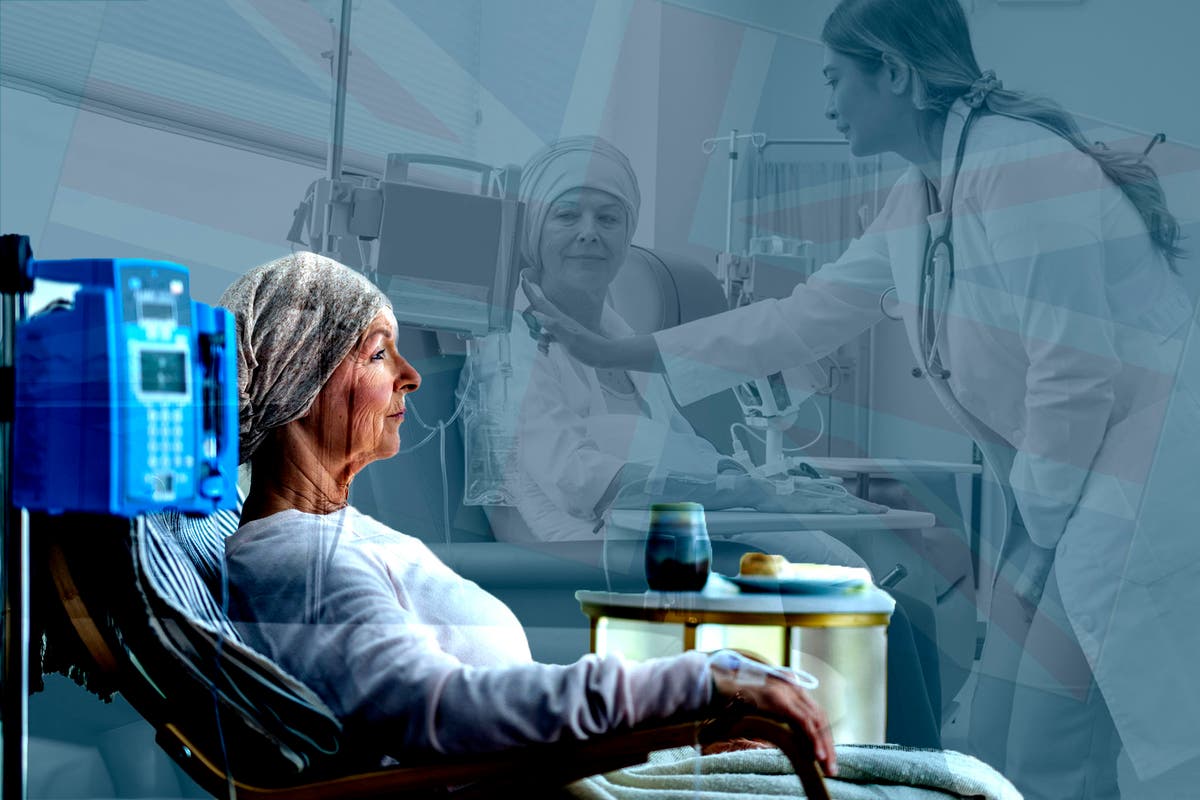Number of Britons Living with Cancer Set to Reach 34 Million by Year-End

The number of Britons living with cancer is projected to reach a new high of 3.4 million this year, according to analysis from the cancer support charity Macmillan.
By 2025, it is estimated that half a million more individuals will be living with cancer compared to 2020. This increase is attributed to an ageing population, enhanced survival rates, and a rise in diagnoses of melanoma, thyroid, and liver cancer.
The upcoming rise in cancer patients includes approximately 890,000 women with breast cancer, 610,000 men with prostate cancer, 390,000 individuals with bowel cancer, and 120,000 people with lung cancer.
However, Macmillan indicated that the experience of dealing with cancer is deteriorating for many, with delays in treatment and disparities in care depending on geographic location.
A survey conducted by YouGov last year with over 2,000 participants revealed that one-third of respondents felt it was more difficult to manage cancer now than ever before, a sentiment that rises to 48 percent among those living with serious disabilities.
Analysis of NHS data reveals that cancer patients are experiencing poorer levels of care across various aspects, including those from ethnic minority backgrounds and the LGBTQ+ community, according to Macmillan.
The charity's CEO Gemma Peters highlighted the human stories behind the statistics, stating, "The number of people living with cancer in the UK is rising, and for many, things are getting worse."
Peters continued, stating there are "unacceptable gaps between the best and worst experiences, and people are being left behind."
One such individual, Ameena Westwood, 53, was first diagnosed with breast cancer in 2017 and faced the heart-wrenching news of a stage 4 recurrence last year. Westwood, who has dual Yemeni and English heritage, has actively worked within her community to raise awareness about genetic cancer risks.
Westwood shared her family's cancer journey, with her mother being diagnosed with breast cancer in 2016, followed by her father's battle with stomach cancer that ultimately led to his passing.
After receiving confirmation of a faulty BCRA2 gene in her father, the family was given access to genetic testing, which led to Westwood opting for preventative surgery.
The Macmillan CEO stated that the charity sees the challenges cancer imposes on individuals' relationships, careers, and finances, often exacerbated by socioeconomic factors. She stressed, "This must change."
Peters concluded that "better is possible" if the approach to cancer care evolves, urging the government to seize the opportunity to reshape cancer care for future generations.
The article also references recent calls from the Less Survivable Cancer Taskforce for increased governmental funding for research and treatments targeting lung, liver, brain, oesophagus, pancreas, and stomach cancers, illnesses that contribute to approximately half of all cancer-related deaths in the UK.
A spokesperson from the Department of Health and Social Care remarked, "This government will get the NHS catching cancers earlier through early diagnosis and screening programmes, so that it can be treated faster and so more lives can be saved."





















